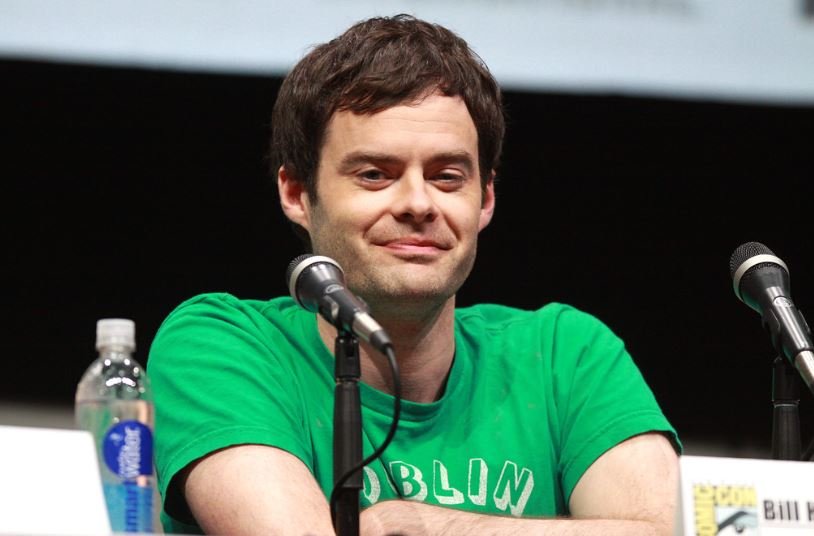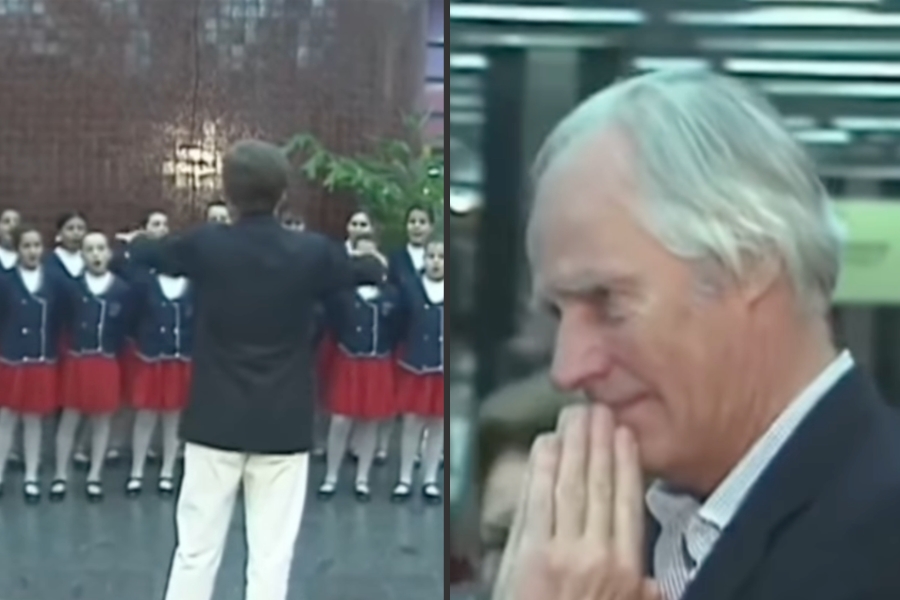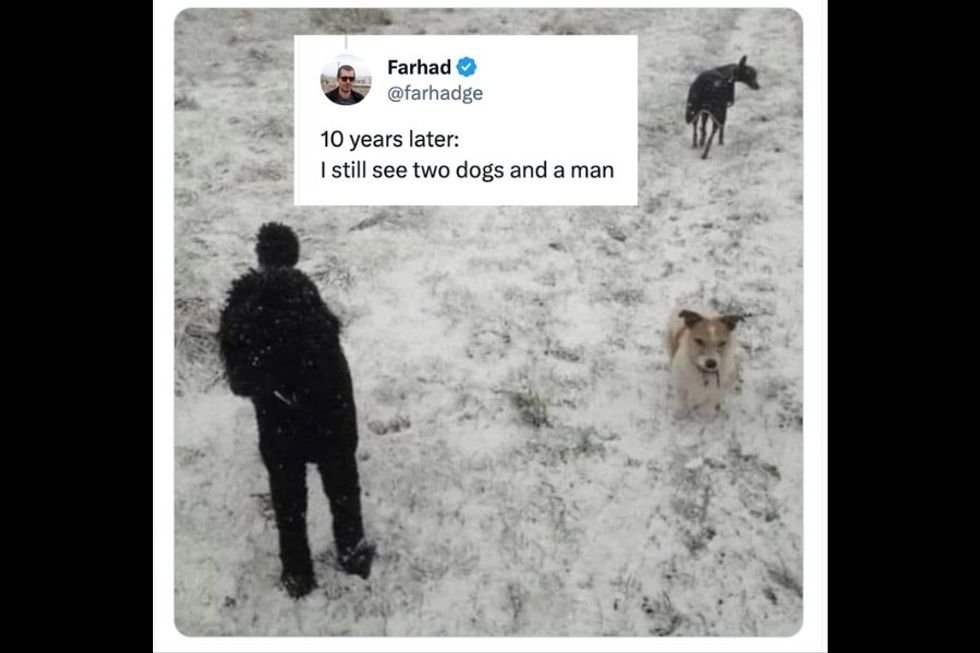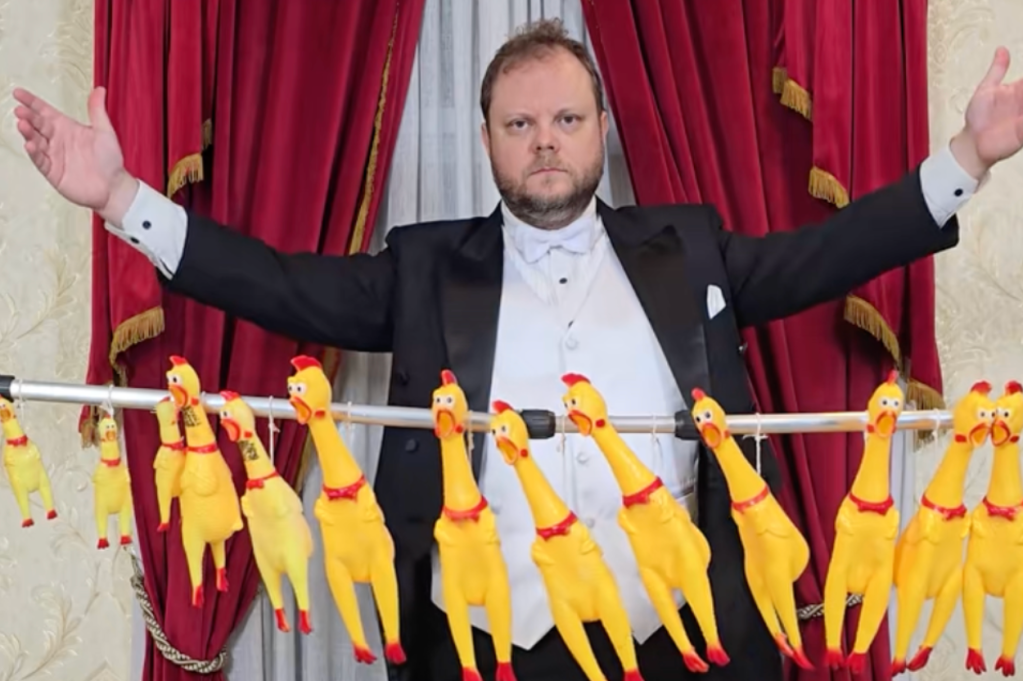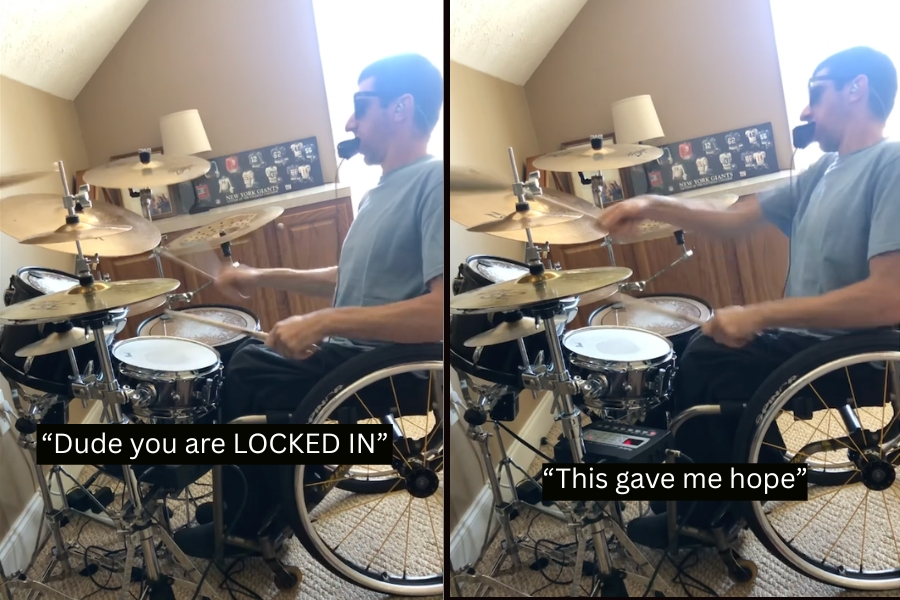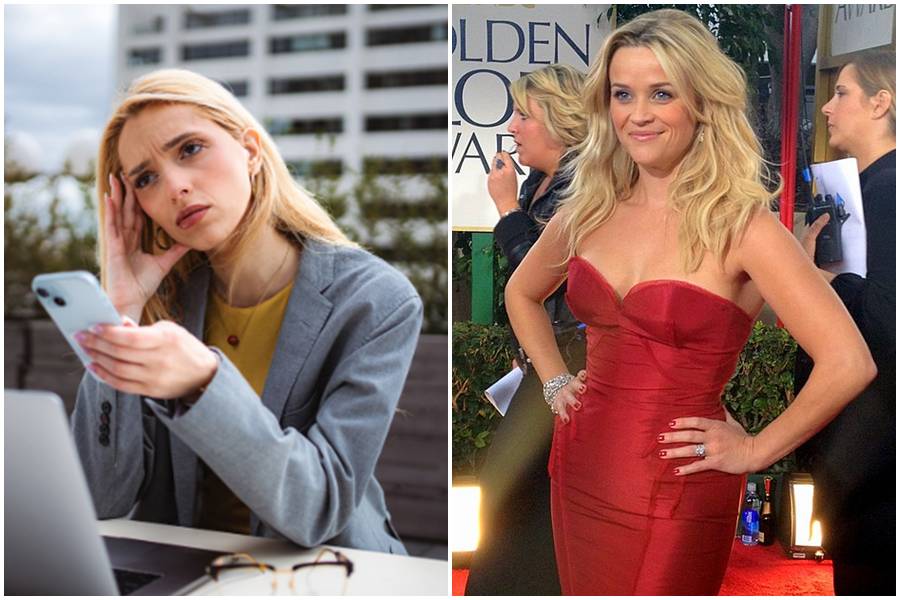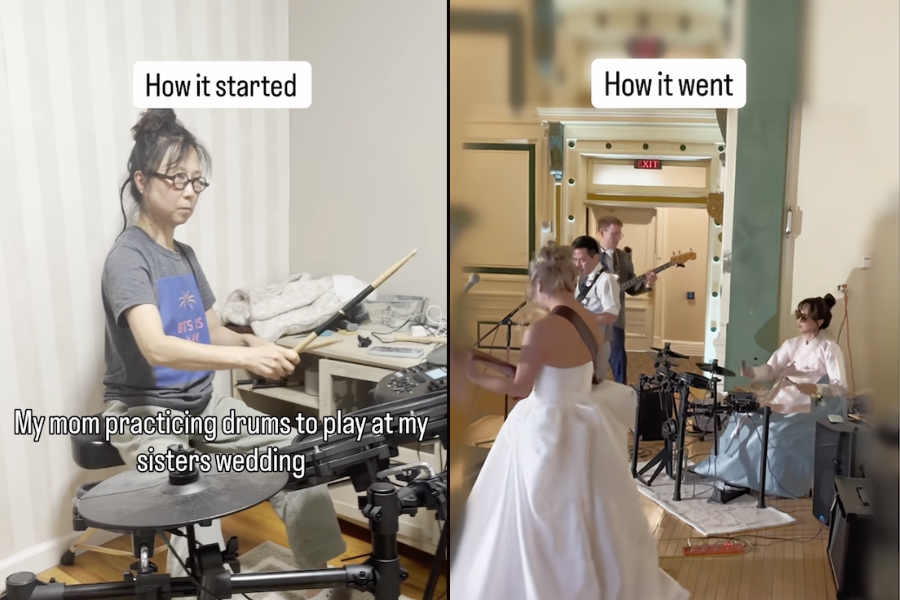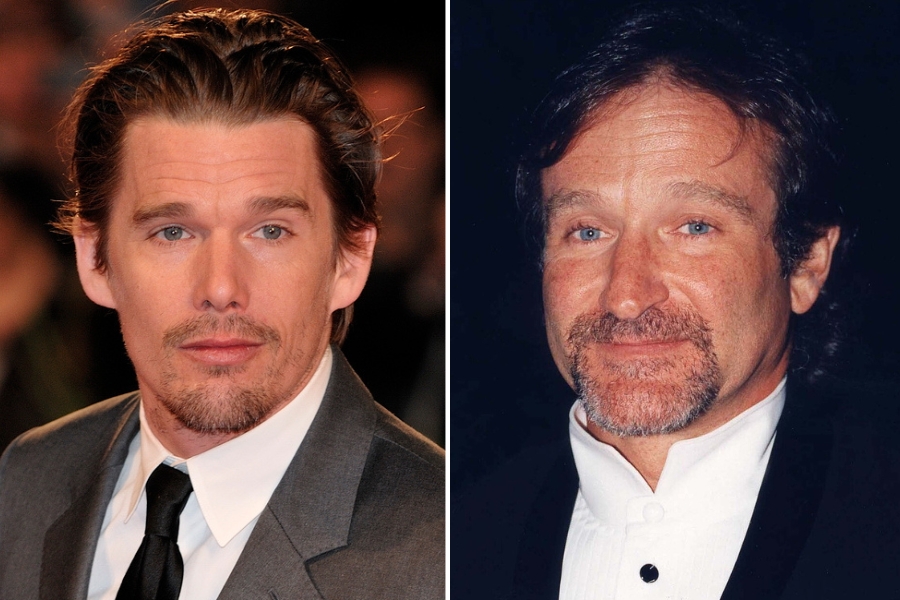It’s common to hear anonymous dispatches about Hollywood sets where an actor or director created a toxic environment for the cast and crew. This type of behavior feels like a given in a high-pressure creative field with a lot of egos and money on the line. But does it have to be?
An anonymous employee from the set of HBO’s “Barry” has some refreshing news that’ll delight anyone who’s a fan of the show created by its star, Bill Hader, and Alex Berg. It should also give hope to anyone interested in working in film that not all sets are toxic.
An anonymous post on the IA (International Alliance of Theatrical Stage Employees) Stories Instagram account said that Bill Hader was a true professional who cared about people working on their set, no matter their job. IA Stories is an account where “TV/Film workers share stories [anonymously] about our work environments to build solidarity across crews/crafts.” Hader directed every episode of the recently released 4th and final season of the critically-acclaimed show.
The post was tweeted out by Amrita Khalid, a reporter for The Verge who specializes in writing about podcasts and audiobooks.
“The series finale of Barry is now wrapped, and I’d like to share some thoughts on my experience working with Bill Hader and his team,” the IATSE guild member writes. “All of the actors have spoken about what a great director he is, but he’s also great from a crew standpoint, and it makes me believe that people like him who worked as a PA will end up making the best directors.”
Hader came to Los Angeles in 1999 from Tulsa, Oklahoma, and worked as a production assistant with the goal that he would one day become a director. Four years later, he joined a Second City improv class on a whim and two years later was on the cast of “Saturday Night Live.”
“He knows firsthand how much of a beating the crew can take when a director comes in ill-prepared,” the guild member continued. “Bill worked extensively in prep and always came to set knowing exactly what he wanted. As a result, we worked the shortest hours I’ve ever worked in my whole career.”
The anonymous poster also has kind words for “Barry” star Henry Winkler who is known as one of the nicest people in Hollywood. Winkler played the iconic character Arthur “The Fonz” Fonzarelli on “Happy Days” in the ‘70s and ‘80s.
“The real person who stole my heart was, of course, the Fonz himself. I’ve said it before and I’ll keep saying it as long as anyone wants to hear it, Henry Winkler is a National treasure. … He makes you feel special just by looking at you.”
Hader told The New Yorker why his directing style caters to the needs of the people working on his set.
“I had those jobs. I know what it’s like when someone at the top is miserable and yelling and screaming. It just makes everybody’s life miserable,” he said. “The crew and all these people, they have families and lives, and, yeah, they’re being paid, but nothing’s worth keeping someone up for twenty hours because you can’t make up your mind.”
“I’ve talked to directors who do a ton of takes, and as an actor, I’ve never felt like it helps me at all,” he told IndieWire. “I used to have that thing in my 20s with Kubrick, thinking shooting all those takes was really romantic and cool. But then once you actually start doing this stuff, you’re like, ‘That’s insane.’”
Hader keeps his set calm by using other people on set for mental health support when things get stressful. “It’s been brought to my attention that I can emotionally dump, and I treat people like my therapist. I think meditating helps,” he said.

